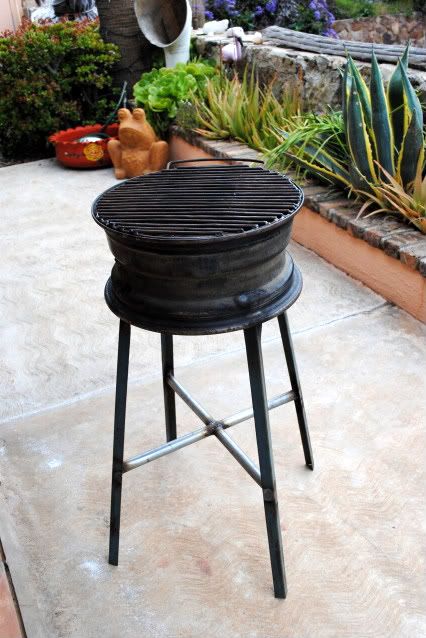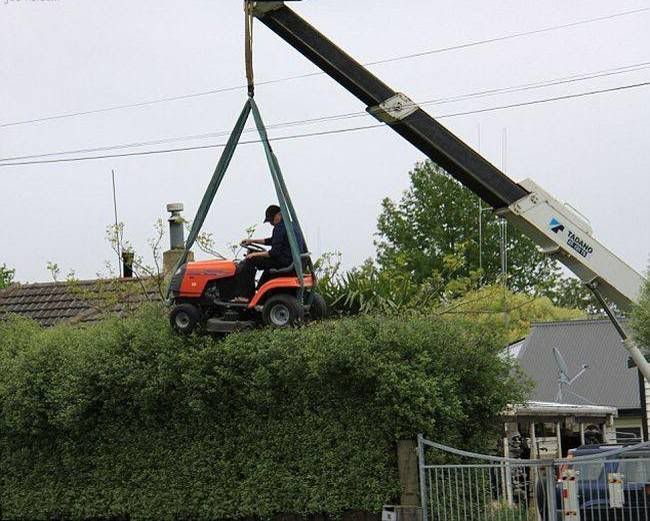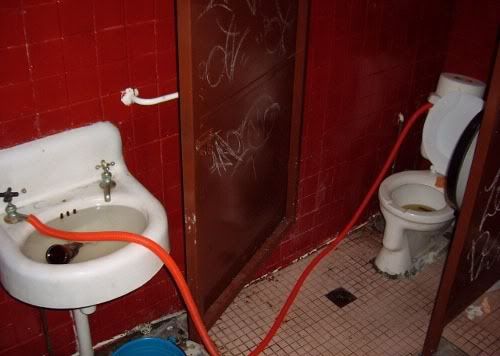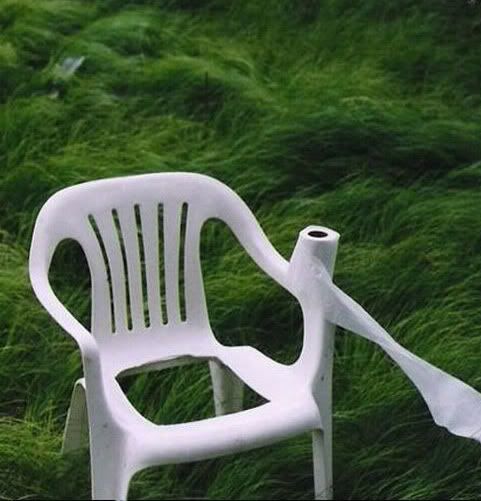Originally posted by Bob H
Once upon a time I rode around in a pick-up truck.
It was an oldie but a goodie. It reliably got me from place to place.
However, the driver's side armrest was missing. On long drives, this became uncomfortable. My elbow would sit directly on the hard surface where the
armrest should have been.
Initially, I did not seek to fix the problem. I accepted it based on past experience.
During my childhood, in Miami, I remembered occasionally visiting a repair shop. In the 1960s and early 1970s repairing things was fairly common. In
fact, the place where, as a kid, my 10-speed bicycles had been purchased was called "Mr. Fixit."
"Mr. Fixit" was a store run by a fellow who repaired most home appliances, things in Mexico referred to as "electrodomAcsticos." You could bring in a
non-working television, iron, toaster, etc., and the owner would fix them. Rarely, was someone turned away because it was unfixable.
Mr. Fixit - as the man who ran the store became known - also repaired bicycles in addition to selling new ones. This was until the mid 1970s when he
closed his store.
This foreshadowed a new era. By the end of that decade, fixing things was no longer in style. Repair shops went by the wayside.
The era of "cheaper to buy new" had arrived.
Now, I was already in Mexico but had become accustomed to the "Do not fix. Buy new," mentality.
I resigned myself to the fact I would be informed that a new armrest for the pick-up was out of the question. I half expected to be told that since
the truck was old, I would be better off buying a new one.
One day, I went to an auto body shop to have the truck's oil changed. I sheepishly asked the man in charge if he could find a replacement for the
missing armrest. He said he would check around and that I should call back.
Later that day I phoned. He apologized that there was no replacement armrest to be found anywhere.
I was not disappointed. I had fully expected that answer.
With what he said next, though, you could have knocked me over with a piece of lint.
"We can make an armrest if you like," he offered.
I asked how that was possible. He said that since the body shop worked in fiberglass, they could make a mold and cast a new piece out of that
material. It would not be exactly the same as before but it could be done, if I was interested.
I asked how much it would cost and was told 500 pesos. At the time, that meant about $43. If I were going to be using the truck much, it seemed like a
reasonable investment for driving in comfort. I picked up the truck a day later, complete with new armrest.
That was about five years ago. The truck - which is almost 20 years old - continues to run well. The armrest is intact and works like a charm.
If I had gone to a body shop somewhere in Miami, and asked about casting a fiberglass replacement armrest, I would have been looked at as if I had
three heads. I had been down similar roads with things since "Mr. Fixit's" closing.
You would not buy a new truck because of a missing armrest. But, the armrest is a symptom of something bigger.
I can hear a voice saying, "That truck is old. You are going to have headache after headache with it. Sell it for scrap. Buy a new one. Save yourself
money."
I was told similar things time and again in the '80s and '90s.
Mexican ingenuity, on the other hand, dictates "There is a way. We just have to find it."
It is an attitude developed away from opulent streams of endless consumer goods and people drowning in plenty.
Employing ingenuity to make or fix things occurs when we are put to the test. Through the prism of challenge, few things remain unfixable.
In Mexico, any number of mechanics, masons, repairmen, carpenters, engineers, architects, etc., never got the memo saying things are not worth fixing.
They are living out Napoleon Hill's statement, "Every adversity, every failure and every heartache carries with it the seed of an equivalent or a
greater benefit."
I have mentioned Hill's quote before. It speaks directly to the times we are in.
The benefit is that with creativity, value can be realized from things we had believed to be obsolete or useless. Unshackled from the gluttony of
rampant consumerism, a clear mind can be employed to take joy from restoring things.
When we are not busy binging on bounty, when we are not pigging out on plenty, our minds can creatively focus on fixing, repairing and restoring
value. As a result, we save money, help the environment and become reacquainted with the truest notion of usefulness.
The ethic of Mexican ingenuity is as timely as it has ever been.
Applying ingenuity to everyday living can empower people, particularly when money dwindles and job prospects are less than robust.
|






















 WOW - that makes me laugh and cringe at the same time...
WOW - that makes me laugh and cringe at the same time...


























